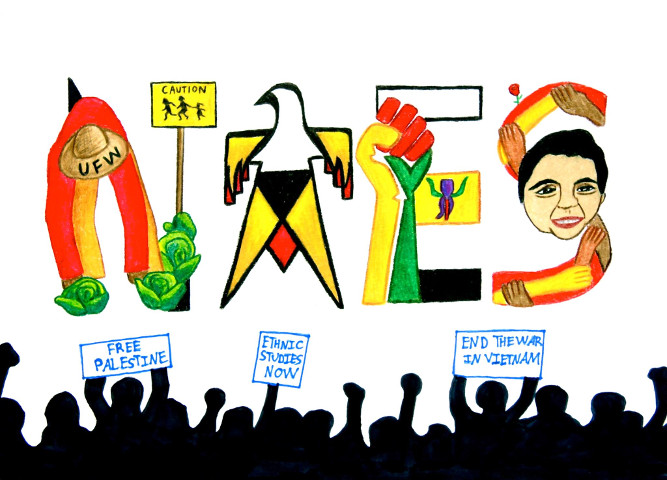Ethnic Studies Review

Orginal Publication Date
2013
Journal Title
Ethnic Studies Review
Volume
36
Issue
esr/vol36/iss1
First Page
59
Last Page
76
Abstract
This article explores case examples of two graduate students who endure microaggressions from their math professor at a predominantly White university. The role that parental socialization plays in how these students developed their racial identities and the coping strategies they employed, is analyzed through the lens of Triple Quandary theory (Boykin and Toms 1 985). Findings from this investigation suggest that parental socialization is critical in preparing these students to cope with and respond to microaggressions in protective and adaptive ways. This paper illuminates coping styles, although divergent, that served these graduate students' needs and protected their individual racial identities. Further, the support these students received from their faculty advisor who is also Black, exemplifies the importance of mentorship and advocacy from faculty of color to Black college students' success. Direction for continuity in parental teachings for K-12 and university level educators are discussed.
Rights
Copyright ©ESR, The National Association for Ethnic Studies, 2013


